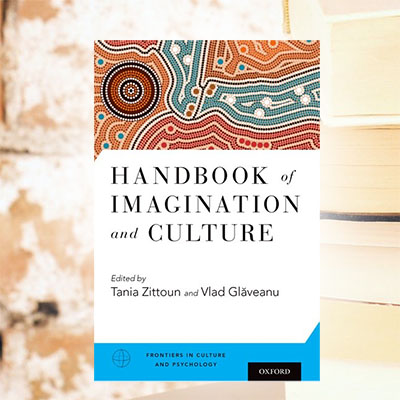
Imagination allows individuals and groups to think beyond the here-and-now, to envisage alternatives, to create parallel worlds, and to mentally travel through time. Imagination is both extremely personal (for example, people imagine unique futures for themselves) and deeply social, as our imagination is fed with media and other shared representations.
As a result, imagination occupies a central position within the life of mind and society. Expanding the boundaries of disciplinary approaches, the Handbook of Imagination and Culture expertly illustrates this core role of imagination in the development of children, adolescents, adults, and older persons today.
Bringing together leading scholars in sociocultural psychology and neighboring disciplines from around the world, this edited volume guides readers towards a much deeper understanding of the conditions of imagining, its resources, its constraints, and the consequences it has on different groups of people in different domains of society. Summarily, this Handbook places imagination at the center, and offers readers new ways to examine old questions regarding the possibility of change, development, and innovation in modern society.
Edited by Tania Zittoun, Professor, University of Neuchbtel, Switzerland, and Edited by Vlad Glaveanu, Associate Professor, University of Aalborg, Denmark
Tania Zittoun is a sociocultural psychologist interested in the development of people across the course of life. She has studied informal learning and transitions, as well as the role of fiction, art, and religion in life. She works across the boundaries between cultural psychology, psychoanalysis and the social sciences, both theoretically and methodologically.
Vlad Glaveanu is a creativity researcher and sociocultural psychologist interested in the intersection between creativity and culture. He works in the cultural psychology areas of creativity, societal creativity, craft and materiality, social development, and social representations. His thinking about creativity is informed by pragmatism, dialogism, and distributed by cognition.
Oxford University Press 2017, ISBN: 9780190468729

